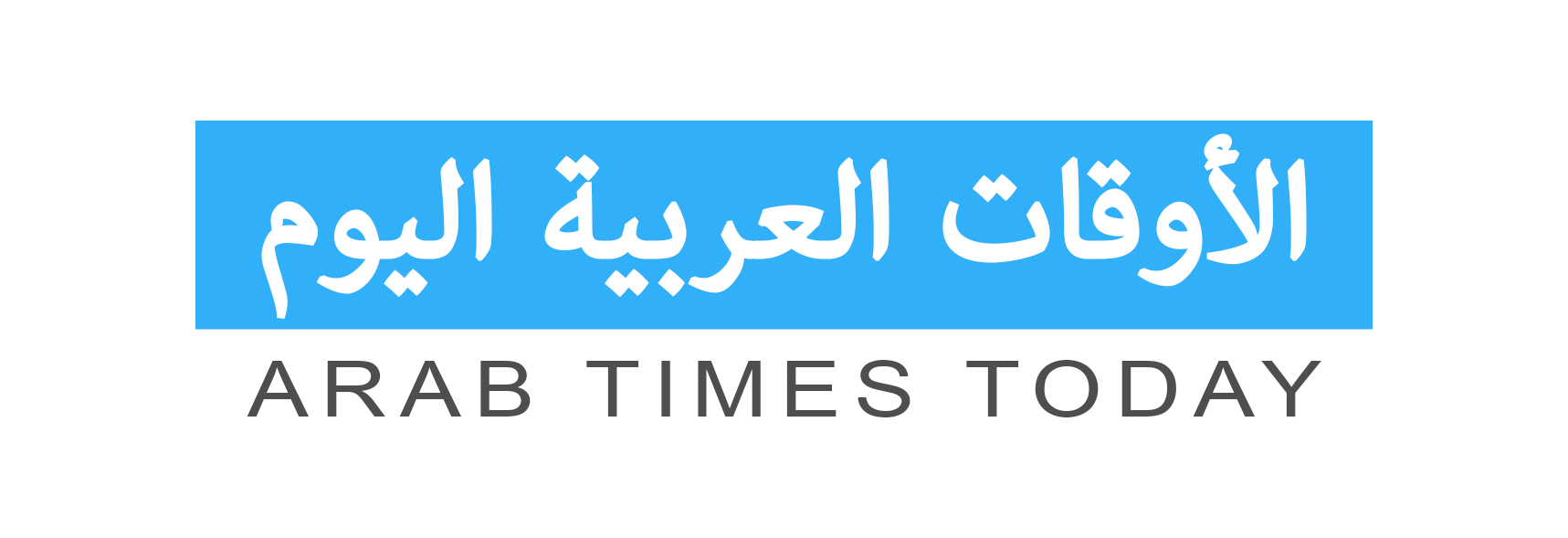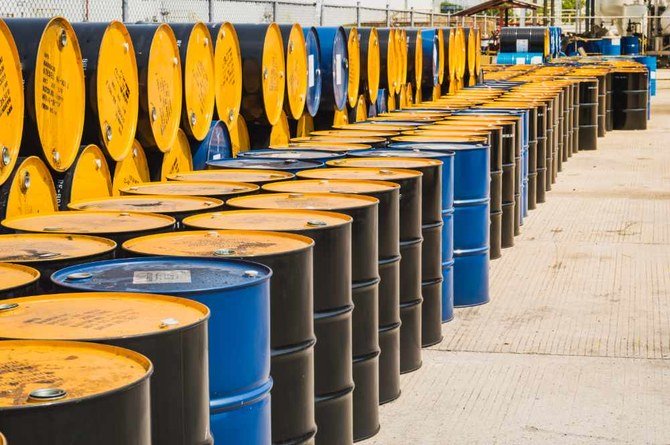DUBAI: Oil prices surged toward $40 a barrel on Monday as hopes rose for an early agreement to extend the big production cuts agreed by Saudi Arabia and Russia under the OPEC+ alliance.
Brent, the global benchmark, jumped by more 9 percent to nearly $39, continuing the surge that has doubled the price in five weeks — the best performance in its history. It recovered after record supply cuts agreed between the 23 countries of the OPEC+ partnership, and enforced cuts in US shale oil.
DME Oman crude, the regional benchmark in which a lot of Saudi Aramco exports are priced, rose above $40 a barrel for the first time since early March.
Market sentiment was buoyed by the possibility that the Organization of Petroleum Exporting Countries would agree with non-OPEC members to extend the cuts for a longer period than was agreed in April.
Oil analysts expect OPEC to fast track a “virtual” meeting to formally agree to maintaining cuts at the record 9.7 million barrels a day level. The meeting was scheduled for June 9, but bringing it forward would allow producers more time to set pricing levels.
An official with one OPEC delegation told Arab News there was consensus among the 23 OPEC+ members for the new date, which could be as early as June 4. The meeting will also consider how long the current level of cuts would be maintained. Some OPEC members want it to run to the end of the year, other producers would prefer a two-month extension.
Omar Najia, global head of derivatives with trader BB Energy, told a forum run by Gulf Intelligence consultancy: “I’d be amazed if OPEC did not extend the higher level of cuts. As long as Saudi Arabia and Russia continue saying nice things to each other I’d expect the rally to continue.”
A Moscow source close to the oil industry said energy officials there had come to the conclusion that “the deal is working” and it was important to keep prices at an “acceptable” level.
Sentiment was also affected by a comparatively high level of compliance with the new cuts, running at about 75 percent among OPEC+ members, with only Iraq and Nigeria noticeable under-compliers.
Robin Mills, chief executive of Qamar Energy, said: “That’s where I’d expect it to be after two months in such a fluid situation. It will be even better in June.”

